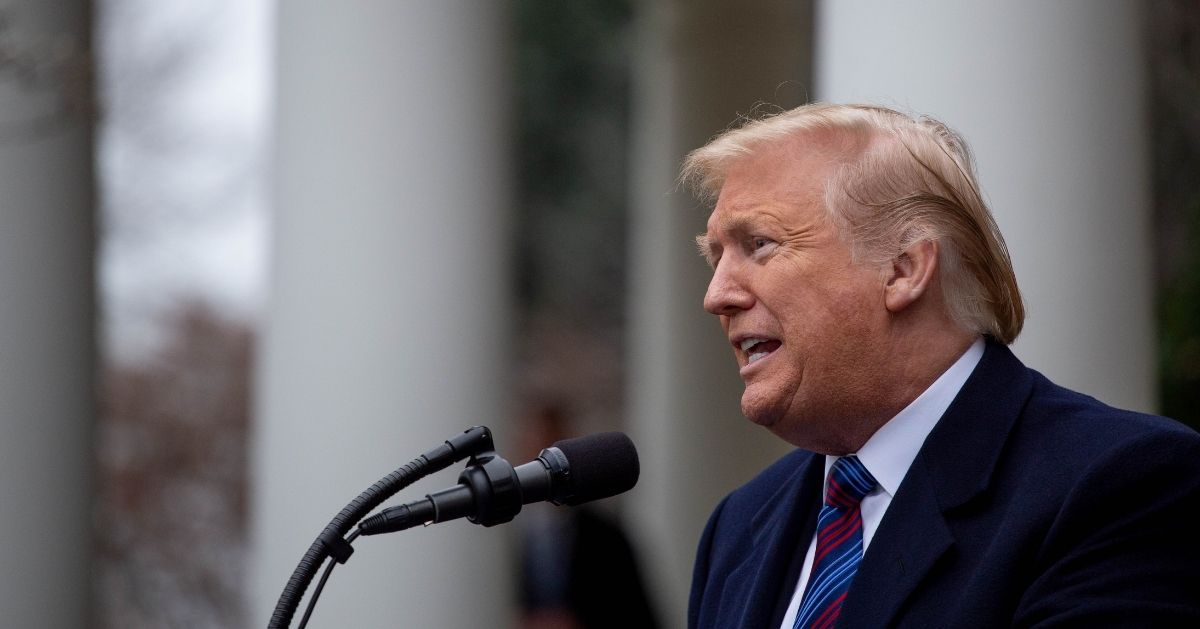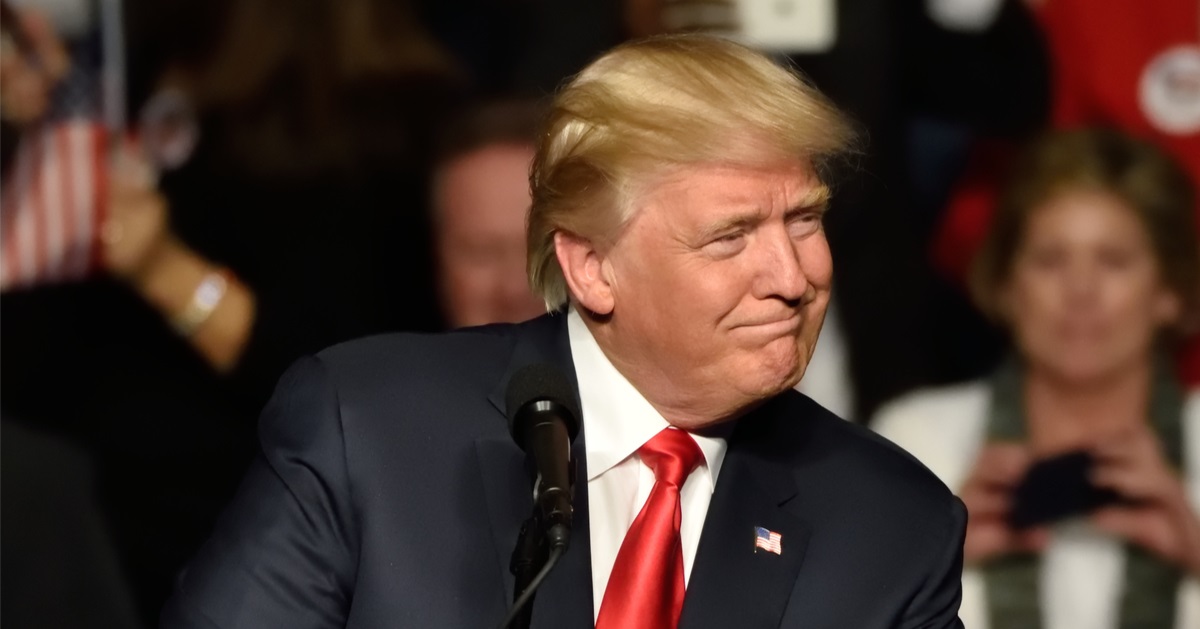House GOP debate over SALT deductions could undermine plans for Trump policy agenda bill
President-elect Donald Trump and House Republican leaders hope to hit the ground running after Trump takes office with a massive "reconciliation" bill that includes several top policy agenda priorities, but that may prove to be easier said than done given the exceedingly slim GOP majority.
One major potential obstacle to the plan is an ongoing debate over federal deductions for state and local taxes, known as SALT, which threatens to undermine the entire effort, according to The Hill.
The predicament has forced Trump into the role of essentially herding cats, as Republicans from high-tax blue states want the SALT limit increased while GOPers from low-tax red states would rather see SALT reduced or abolished altogether, and either side could make the SALT issue a determining factor in whether or not they'll support a broader policy agenda bill.
House GOP's internal debate over the SALT cap
In the 2017 tax cuts, which are set to expire in 2026, the SALT deduction was capped at $10,000 per individual tax filer, and ever since then moderate Republicans from high-tax blue states along with most Democrats have argued for the cap to be increased to provide relief to taxpayers facing substantial state and local taxes.
Most conservative Republicans and some moderate Democrats from low-tax states have taken the opposite view and want to further reduce SALT deductions, given how it only benefits those in high-tax states and can result in a loss of tax revenue and increased deficit if not paired with other spending cuts.
Enter President-elect Trump and House GOP leaders, who hope to push through a special "reconciliation" bill full of Trump's border, energy, and tax policies with a simple majority vote without having to worry about whether or not any House Democrats will support the measure.
However, pro-SALT Republicans have vowed to vote against the bill if the deduction cap isn't raised while anti-SALT conservatives have similarly signaled they'll balk at the bill if the SALT cap is increased without additional matching spending cuts to remain deficit neutral.
Per The Hill, Trump had a busy SALT-filled weekend ahead of him, as he met with generally anti-SALT Freedom Caucus members on Friday, members of the so-called SALT Caucus on Saturday, and other assorted caucus and conference leaders on Sunday to discuss the issue and attempt to find a compromise solution.
Meetings have reportedly gone well
According to Politico, President-elect Trump's meetings on Friday and Saturday reportedly went well, with attendees of Saturday's dinner meeting at Mar-a-Lago saying they were directed to return to Congress to negotiate a "fair number" with their colleagues on what the SALT deduction should be.
There are a few possible solutions that have been floated to try to appease everyone, including modest reductions paired with spending cuts, a modest increase paired with more spending on other GOP priorities, or even keeping the cap at $10,000 but "indexing" it with inflation so it will fluctuate to remain proportional as needed.
Throughout these meetings over the SALT deduction, Politico noted, was talk of party unity in supporting Trump's policy agenda, but given how House Republican leaders can only afford to lose a single vote or two with their slim majority, the full extent of that unity is a legitimate concern.
Moderate Democrats could ultimately save the day
The whole point of using the limited reconciliation process to push through President-elect Trump's policy agenda in one major bill is to avoid having to rely on any Democratic votes to get the measure passed with a simple majority, but the reality of the situation may dictate otherwise.
All is not lost, however, as Axios reported that there are a handful of moderate Democrats for whom SALT is a top concern who've signaled their willingness to vote in support of Trump's policy package if it means getting a win on a SALT increase that they can then brag to their constituents about.
As such, a situation could develop where, likely despite everyone's better judgment, a handful of moderate Democrats could save the day for Trump and his agenda if a handful of conservative Republicans decide to vote against a policy package they'd otherwise fully support were it not for the inclusion of a SALT cap increase.





